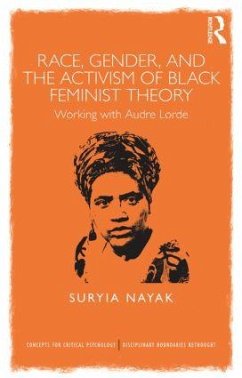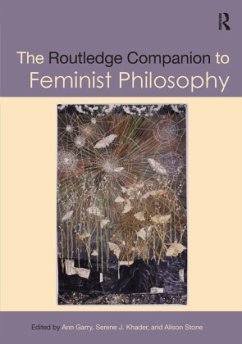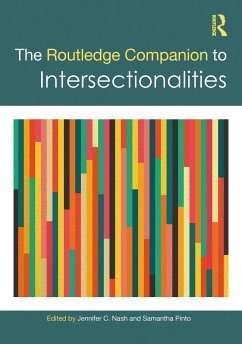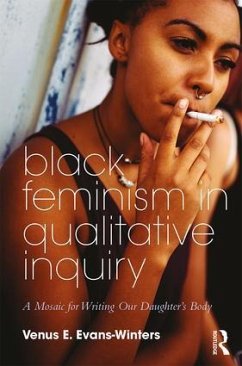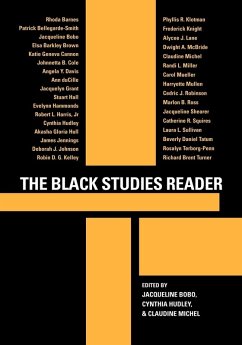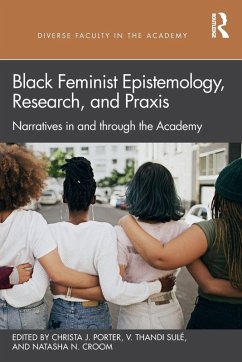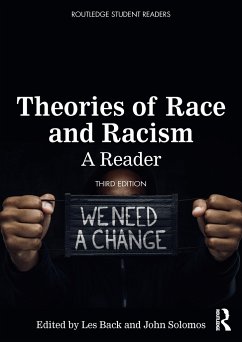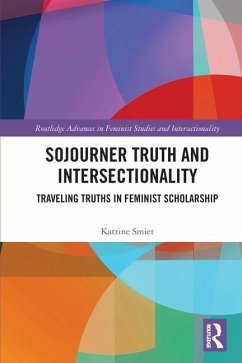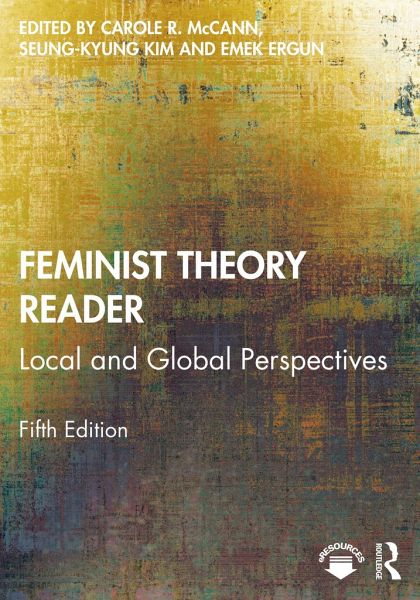
Feminist Theory Reader
Local and Global Perspectives
Herausgegeben: Mccann, Carole; Ergun, Emek; Kim, Seung-kyung

PAYBACK Punkte
40 °P sammeln!
The fifth edition of the Feminist Theory Reader assembles readings that present key aspects of the conversations within intersectional US and transnational feminisms and continues to challenge readers to rethink the ways in which gender and its multiple intersections are configured by complex, overlapping, and asymmetrical global-local configurations of power.The feminist theoretical debates in this anthology are anchored by five foundational concepts-gender, difference, women's experiences, the personal is political, and especially intersectionality-which are integral to contemporary feminist...
The fifth edition of the Feminist Theory Reader assembles readings that present key aspects of the conversations within intersectional US and transnational feminisms and continues to challenge readers to rethink the ways in which gender and its multiple intersections are configured by complex, overlapping, and asymmetrical global-local configurations of power.
The feminist theoretical debates in this anthology are anchored by five foundational concepts-gender, difference, women's experiences, the personal is political, and especially intersectionality-which are integral to contemporary feminist critiques. The anthology continues to center the voices of transnational feminist scholars with new essays giving it a sharper focus on the materiality of gender injustices, racisms, ableisms, colonialisms, and especially global capitalisms. Theoretical discussions of translation politics, cross-border solidarity building, ecofeminism, reproductive justice, #MeToo, indigenous feminisms, and disability studies have been incorporated throughout the volume.
With the new essays and the addition of a new editor, the Feminist Theory Reader has been brought fully up to date and will continue to be a touchstone for women's and gender studies students, as well as academics in the field, for many years to come.
The feminist theoretical debates in this anthology are anchored by five foundational concepts-gender, difference, women's experiences, the personal is political, and especially intersectionality-which are integral to contemporary feminist critiques. The anthology continues to center the voices of transnational feminist scholars with new essays giving it a sharper focus on the materiality of gender injustices, racisms, ableisms, colonialisms, and especially global capitalisms. Theoretical discussions of translation politics, cross-border solidarity building, ecofeminism, reproductive justice, #MeToo, indigenous feminisms, and disability studies have been incorporated throughout the volume.
With the new essays and the addition of a new editor, the Feminist Theory Reader has been brought fully up to date and will continue to be a touchstone for women's and gender studies students, as well as academics in the field, for many years to come.





